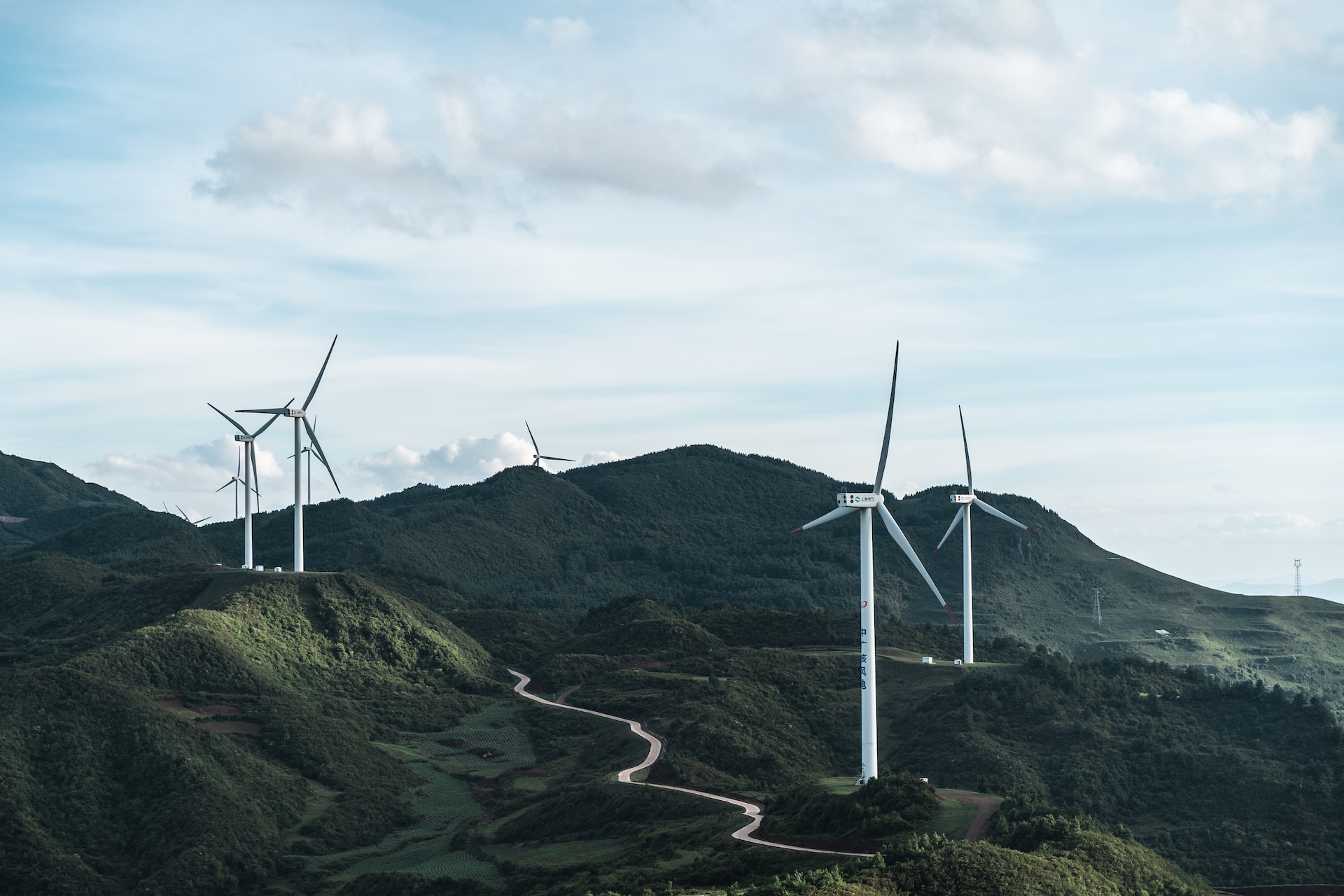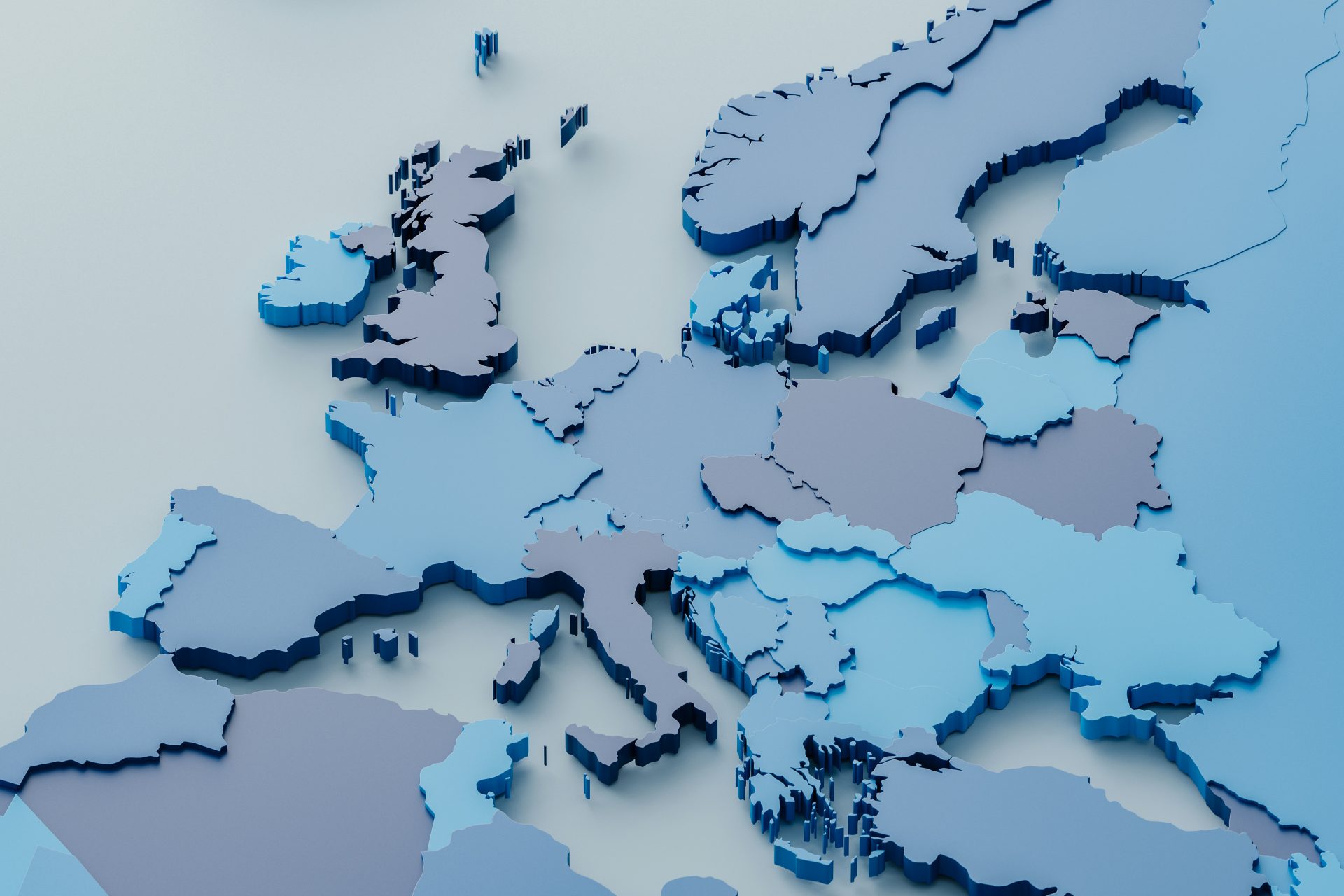Strategies for ClimateTech Development
Climate change is perhaps the world’s biggest pressing issue, giving rise to or exacerbating other socio-economic challenges faced by the global community. Climate change itself has greatly impacted food security, while rising temperatures have put lives and livelihoods under serious threat around the world. Wildfires, typhoons, and unduly destructive weather patterns—often associated with climate change—are causing damages amounting to billions of dollars, placing extraordinary strain on the resources of both developed and developing economies.
Amid the climate crisis, businesses stand to be adversely affected. Extreme heat in various parts of the world has resulted in reduced working hours for many businesses, which has invariably translated to reduced productivity and profit. Meanwhile, calamities spurred by climate change have resulted in loss of life and property, crippling businesses that may or may not fully recover in the aftermath of a crisis.
Consequently, businesses everywhere are now being challenged to adopt sustainable practices that will both permit their growth and allow them to rapidly pivot to the urgent demands of the climate crisis. Governments across the world are actively pursuing regulations and laws that limit the use of fossil fuels in manufacturing and production. Many countries are likewise implementing carbon taxes and demanding increased transparency in ESG and carbon disclosures. These represent the first sure steps towards building a global culture of corporate sustainability, and companies will need to be compliant to stay competitive.
Although there appears to be high awareness of climate issues and an acknowledgment of the need for sustainability among businesses, companies do not always take immediate action. All too often, sustainability initiatives are shelved or deprioritized when businesses face headwinds, and companies will frequently fall back on mere regulatory compliance in fulfilling their ESG obligations. To meet the challenges of climate change head-on, businesses must be prepared to act preemptively and anticipate climate-related issues. At the same time, they have to adopt a defensive position that will enable them to respond even to the most unpredictable crises wrought by climate change.
Offensive Tactics
Businesses can be proactive and stay on the offense by deploying tech and analytics to improve operations, move to cleantech, or even recycle. One thing to note is that data is the new oil in today’s growing digital economy; businesses that invest appropriately in managing and optimizing their data stand to gain a competitive edge in the market. CEOs are being called to make the most of data analytics to inform their decision-making processes and improve operational efficiencies. Having access to strategic data insights can not only bring down costs; it can also result in better productivity and growth outcomes for the company.
Businesses can also choose to actively invest in renewable energy systems and even cleantech startups. Companies can reduce their carbon footprint and contribute to a more sustainable future by investing in renewable energy sources like solar and wind power for their energy needs. Toyota, the car manufacturing giant, has invested US$9.3 million to add 10.8 acres of new solar arrays across the company’s plants in Alabama, Missouri and West Virginia. These arrays generate 4.95 megawatts of energy and reduce CO2 emissions at the plants by 4,304 metric tons annually.
Additionally, companies can also adopt the circular business model, such as recycling and reusing materials to reduce waste and conserve resources. Coca-Cola is aiming to make 25% of all its beverage packaging across its brand portfolio reusable by 2030. To achieve this, Coca-Cola plans to package all its beverage products in refillable or returnable glass or plastic bottles or alternatively in refillable containers.
The technology behind the Internet of Things (IoT) can also allow companies to monitor their operations in real-time, while identifying opportunities for optimization. Rio Tinto, the world’s biggest mining company, introduced its first fully autonomous trucks fitted with IoT sensors, enabling the company to monitor the trucks’ condition and address issues before they affect the company’s operations. This system has reportedly saved the company $2 million per day every time a breakdown is avoided.
Defensive Tactics
Employing defensive strategies against the impacts of climate change can make all the difference in the way businesses can compete sustainably. Already, some companies are taking concrete steps on this front. One such way is by collaborating with suppliers to reduce emissions throughout the entire supply chain, which includes sourcing sustainable materials and optimizing transportation routes.
Airbus’ strategy stands out as an example for this defensive tactic. The world’s largest aviation company has plans to reduce its Scope 1 & Scope 2 industrial emissions by up to 63% by 2030 compared to 2015. Airbus is actively removing the use of conventional aviation fuels in several of its facilities and replacing them with the use of sustainable aviation fuels.
Meanwhile, other large companies have announced their carbon emission reduction targets and are actively developing plans and programs to achieve them. DBS, Southeast Asia’s largest bank, announced their decarbonization targets for 2030, alongside their plans to become carbon neutral by 2050. The bank has listed a comprehensive set of targets specific to the sectors that they finance, some of which represent the heaviest carbon-emitting industries in the world.
New Vision Needed
Businesses that operate in climate-vulnerable economies would benefit from embracing these strategies to counter climate change. While attention is often focused on disruptive weather patterns, the climate crisis is likewise triggering earthquakes, unbeknownst to many. NASA scientists acknowledged that retreating glaciers due to global warming are causing earthquakes in Alaska. Melting glaciers are also changing the weight across the Earth’s crust, resulting in changes in plate tectonics which could lead to more earthquakes, volcanoes and even affect the movement of the Earth’s axis.
Türkiye is under particular risk, for example. It sits at the crossroads of three tectonic plates—the Anatolian, Arabian and African plates—making the region more prone to earthquakes. The Turkish government and the private sector must start investing in disaster and climate preparedness measures within the country to help improve business resiliency, as well as ensure the well-being of earthquake-prone communities. Other governments and businesses mut follow suit.
Beyond adopting offensive-defensive tactics to counter the effects of climate change, companies should completely revamp the way they approach sustainability. No longer do we live in a planet where corporate leaders can afford to choose business growth over sustainability. Rather, these times demand a direct reckoning with the fact that growth—and the welfare of the global community—will rest on the success of ongoing and future sustainability efforts.
Windmills on a mountain in Yunnan, China




